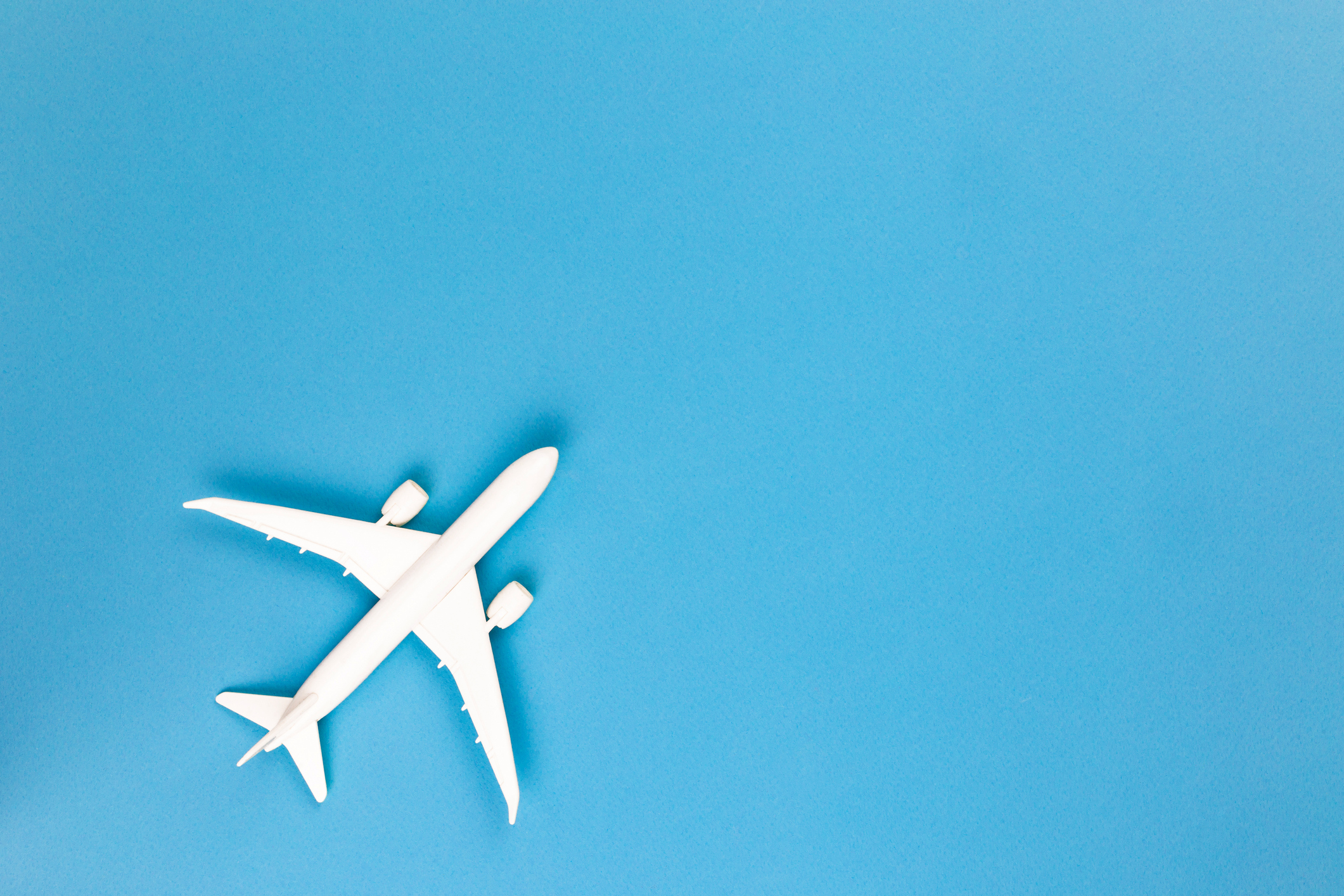As many as 20 to 30% of people are apprehensive about flying, and 2 to 10% have an actual phobia. But it could affect even more people occasionally.
In a recent survey of 2,000 people by HolidayPirates, 55% of respondents said they were scared of flying.
Despite the chances of a plane crash being as low as one in 11 million, a disproportionate amount of people still feel nervous or anxious when flying. Depending on how severe the fear is, people may feel nauseous, sweaty, and have an elevated heart rate. Others might have a full-blown panic attack.
And people know the fear is irrational. 60% of survey respondents who reported it admitted being scared was unnecessary. Even so, 20% said their fear would increase days, or even weeks, before travel.
“A fear of flying stems from various reasons,” Niels Eék, psychologist and cofounder of the mental wellbeing app Remente, told INSIDER. “While severe aviophobia is quite rare, most people will at one point or another start to feel scared, most commonly due to turbulence and unexplained noises, since we are put in an uncontrollable situation.”
According to the survey, these are the top 5 reasons people get scared while in the air:
1. Turbulence
2. Fearing a plane crash
3. Not feeling in control of the situation
4. The takeoff and landing
5. Unexplained noises from the plane
Eék said people are used to being able to access their phones and other devices to look up information, and when we aren’t able to do this, such as on a plane, it can trigger feelings of fear, stress, and anxiety.
“Luckily, there is a lot of information out there to explain what common triggers, such as turbulence, mean,” he said. “If you have a fear of flying, do some research to try to get a better understanding of your fears.”
When asked about how they calm their nerves, 26% of respondents said they look at what the flight attendants are doing, 24% said they have an alcoholic drink, 17% take some kind of medication, and 14% said they meditate.
Medication and alcohol during the flight can help short-term, but this isn’t going to help you conquer your fear in the long run, Eék added. Another option is to try cognitive behavioral therapy (CBT) to help you develop better coping mechanisms.
“If your fear is not severe that you feel that you need therapy, then there are some ways to calm down when you feel the anxiety rising,” he said.
“For example, try to close your eyes and take deep, long breaths, reminding yourself that the fear is primarily due to the fact that you are not in control, but there are flight attendants and a pilot that are, and will keep you safe.”
Originally published on www.businessinsider.com.
More From Business Insider:
The 10 Best Countries for Work-Life Balance, According to Expats
You Could Be Better at Lifting Weight Depending on the Time of Day — Here’s Why
Follow us here and subscribe here for all the latest news on how you can keep Thriving.
Stay up to date or catch-up on all our podcasts with Arianna Huffington here.


